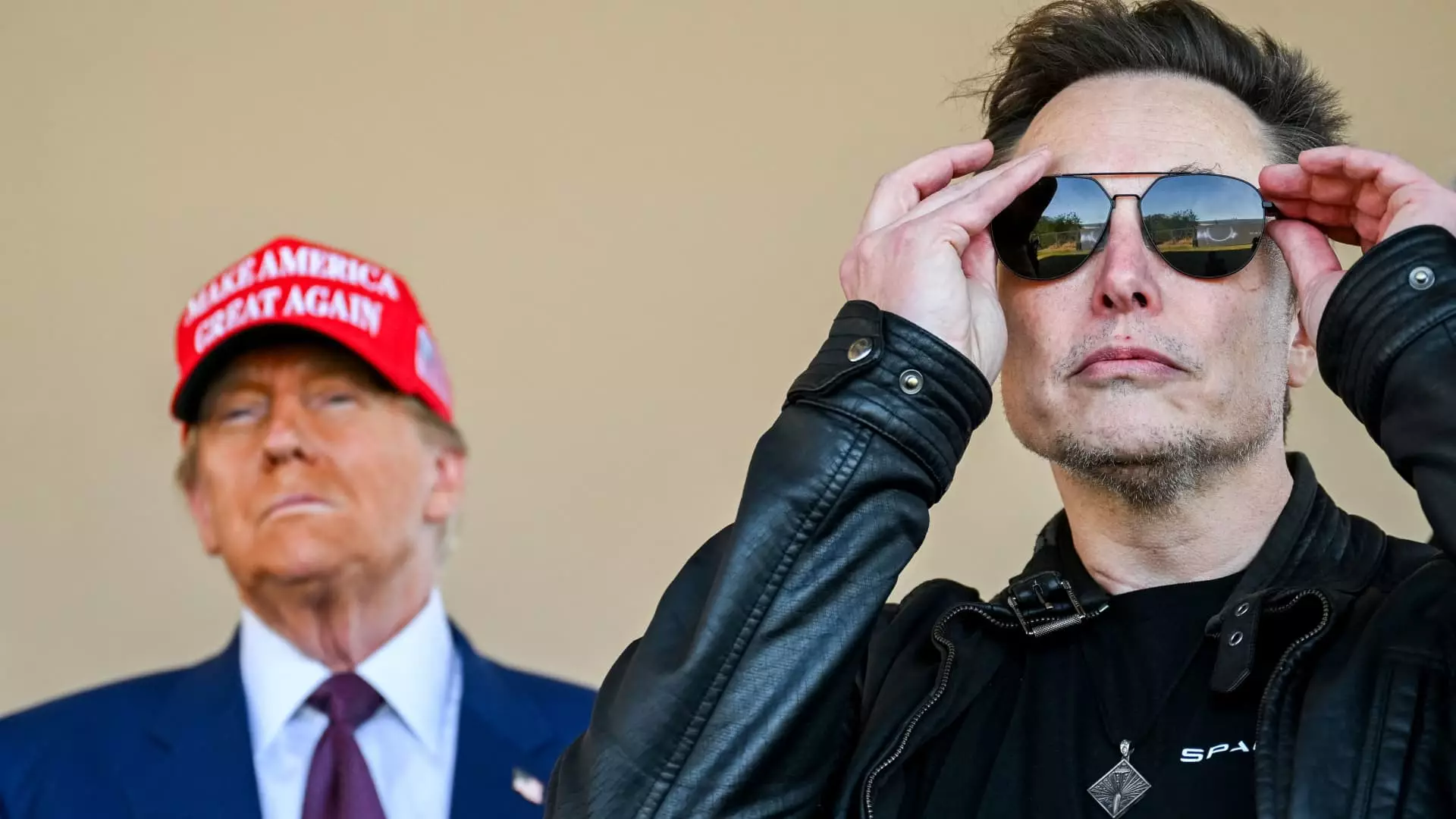On December 5, two prominent figures in the American business landscape, Elon Musk and Vivek Ramaswamy, are set to engage with congressional leaders on Capitol Hill, specifically with Republican members. This high-profile meeting, announced by House Speaker Mike Johnson, is anticipated to center on significant governmental reforms focused on regulatory rollbacks and fiscal prudence. Named co-chairs of a proposed initiative known as the Department of Government Efficiency (DOGE) by President-elect Donald Trump, Musk and Ramaswamy aim to bring a fresh perspective to the dialogue surrounding government operations and budgets.
The entrepreneurs carry ambitious aspirations for their project, which encompasses a broad range of proposed reforms. Their agenda prominently features calls for a substantial decrease in the size of the federal workforce, which raises essential questions about the balance between efficiency and public service provisions. Furthermore, their intentions to shutter several federal agencies and regulatory bodies echo a growing trend among certain political factions advocating for reduced governmental intervention in the economy. In a strategically published op-ed in the Wall Street Journal, they delineated their aims to eliminate unauthorized expenditures, a move that could lead to austere budgetary measures impacting numerous programs and sectors.
Particularly controversial are their proposals to terminate federal funding for several organizations, including public broadcasting and Planned Parenthood, which could provoke considerable backlash and heated debate among the public and lawmakers alike. Musk’s suggestion to dismantle the Consumer Financial Protection Bureau underscores the radical nature of their reform vision and raises concerns around consumer protection in the financial sector. Their strategy undoubtedly shows a stark preference for privatization and reduced governmental oversight, reflective of a broader libertarian perspective that champions individual accountability over collective responsibility.
However, despite their ambitious goals, executing these reforms poses significant legislative hurdles. The current composition of Congress, with Speaker Johnson managing one of the narrowest majorities in decades, could complicate the passage of ambitious reforms. Given the wide distribution of federal jobs across 435 congressional districts, it is unlikely that representatives would readily cast votes that could jeopardize employment levels within their jurisdictions. Each proposed cut or agency closure could directly impact constituents, generating strong resistance from lawmakers seeking to protect their economic interests.
As the December meeting looms, the political landscape remains fraught with uncertainty. Both Musk and Ramaswamy’s ideas may resonate well within certain Republican circles; however, the broader implications of their proposals could meet rigorous scrutiny. While they bring renewed energy and entrepreneurial spirit to government reform discussions, the feasibility of their vision remains to be seen, hinging significantly on bipartisan cooperation and broader public support. Only time will reveal if this effort will spur meaningful change or remain an adventurous foray into the complexities of governmental reform.

